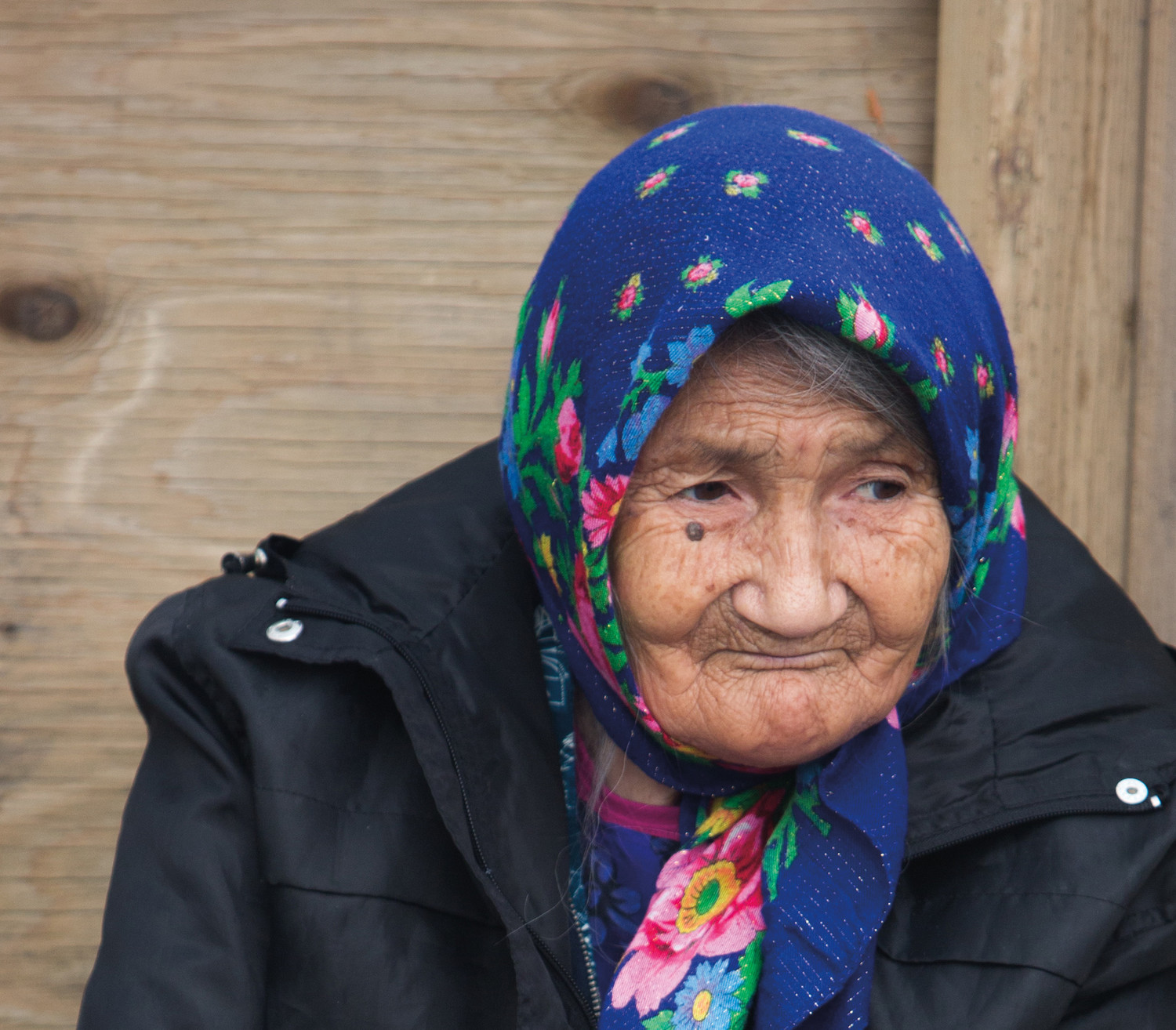How did we come to this point? How can it be that another First Nations community declared a state of emergency because of suicides among its young people?
Over the past couple of years, such tragedies have entered the national conversation. Fortunately, our government is attempting to address underlying issues affecting Aboriginal people in Canada. In June, Prime Minister Trudeau met with First Nations leaders to discuss the suicide epidemic. He concluded that the key to lowering the rate of First Nations young people taking their own lives was the restoration of indigenous languages: “This is something that we know is essential. As an indicator of pride and identity, belonging and culture, indigenous languages are essential.” And in early December, Trudeau announced that his government will introduce an indigenous languages act to preserve, protect and revitalize Aboriginal languages.
This past March, at a meeting in Toronto on First Nations Bible translation needs, I met with some mother-tongue translators from the Plains Cree and Oji-Cree Bible translation teams. Their comments broke my heart: "I almost lost my language" and "Our generation is blaming the Church for losing their language and culture."
The broader Canadian Church needs to enter this dialogue. When the Truth and Reconciliation Commission offered their 94 calls to action in 2015, several were targeted at Canada’s faith community. Christians struggle to know how to respond to the tragic legacy of residential schools, which were the product of a partnership between the Canadian government and mostly large mainline church denominations. We like to pigeonhole the fallout of these institutions as something limited to the deeds of a handful of denominations. But some of these schools were operated by those affiliated with non-mainline churches.
Mark MacDonald, national indigenous bishop for the Anglican Church of Canada, pulls no punches: "The mission of the Church had been to suppress our cultures."
No Christian in Canada can hide from the guilt of cultural annihilation. History rides on all of our backs; it impairs current relations with our First Nation brothers and sisters, and it blocks future healing.
On the first evening of the Toronto meeting, Bishop MacDonald followed up his blunt negative assessment about the past mission of the church with more hopeful words: “Translation is absolutely essential for our communities. . . . It is the incarnation of the Word of God into our lives and communities. We are on a trajectory of hope; we are on a trajectory of justice; we are on a trajectory of salvation. I don’t think that there is anything you can do today that is as critical as the work of Bible translation for the First Nations communities.”
We don’t often think of it this way, but Bible translation is relevant to the poverty cycle, the deep wounds and the hopelessness common among First Nations people. Wycliffe’s work is relevant to a government struggling to take on the significant challenges of national reconciliation and justice for those they once oppressed. Our work is also relevant to a Canadian Church embarrassed by its role in a cultural genocide that continued into our generation. We have something to offer, as the stories in this magazine show.
The Plains Cree and Oji-Cree men and women I met recognize that real hope and real solutions will not come from political actions alone. Each one is taking steps to pursue reconciliation, speak in schools, lead in the church and work to see God’s Word expressed clearly in their own language and culture.
Addressing foundational issues brings real, systemic restoration. That's where you and I can play a role, because Wycliffe's ministries tackle root causes.
•••••
